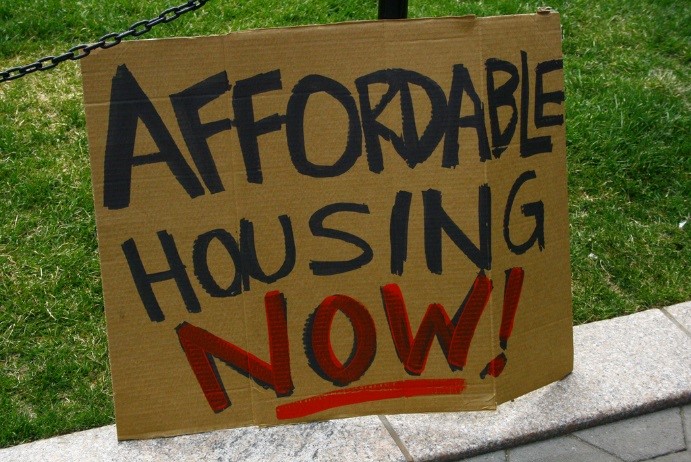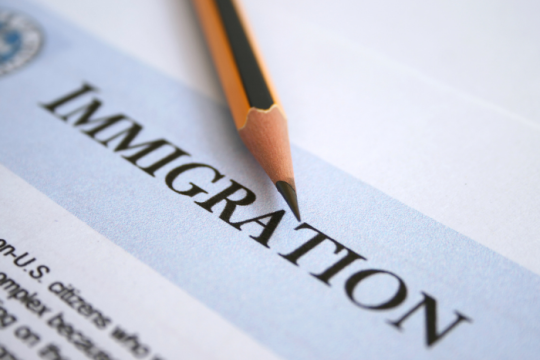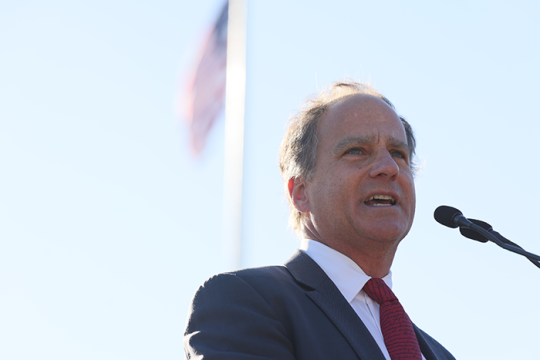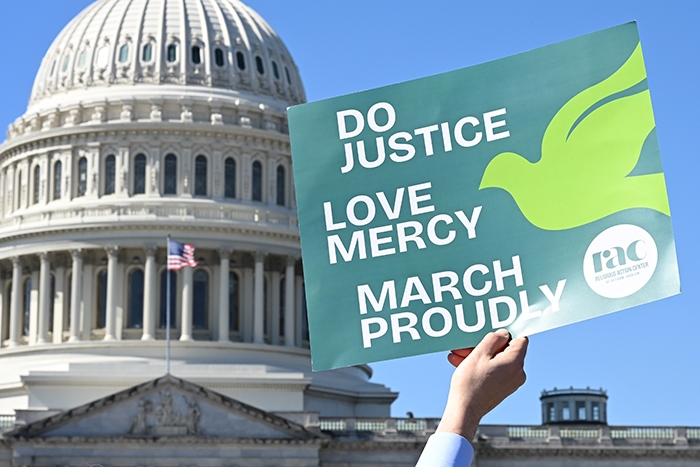
As families prepare for the Passover seder and its celebration of freedom, the Supreme Court will hear a case in which the basic civil rights of unhoused people are at stake. The case, City of Grants Pass, Oregon v. Johnson, will determine whether a government can arrest or fine people for sleeping outside when adequate shelter is not available.
The city of Grants Pass, like nearly every community in the United States, has a severe shortage of affordable homes. Grants Pass also lacks shelter options for its hundreds of residents experiencing homelessness, leaving people no choice but to sleep outside. The city’s only transitional housing program is a gospel rescue mission that requires residents to work full-time without pay and to attend church services twice daily.
Rather than focusing on proven solutions to homelessness, like housing and services, Grants Pass instead issued $295 tickets for people sleeping outside for using a blanket or a pillow. Unpaid fines can spiral into arrest and the collateral consequences of involvement with the criminal-legal system—ultimately making it harder for people experiencing homelessness to find stable homes and employment.
Unhoused residents of Grants Pass knew this was not fair, and sued the city in 2018. Lower courts sided with the plaintiffs and struck down the ordinances because they violate the Constitution's protections against cruel and unusual punishment. The courts agreed with a basic moral intuition and with federal precedent.
The Supreme Court, however, agreed to take the case on appeal, which raises the possibility that this precedent will be overturned. If the Court rules in favor of Grants Pass, cities and states will have permission to punish people for simply trying to survive without stable housing. The Justices will hear the case on Monday, April 22, just hours before Passover begins.
The story of Passover is a call to action. Every year at our seders, we recount our experiences as slaves in Egypt, devoid of power and freedom. We walk through our treacherous journey departing early with unleavened bread and bringing only what we could carry. This year, with the Grants Pass case on our minds, it's hard not to see common themes between this case and the story of Passover. Through telling the story of the Exodus, we are not only reminded of the challenges we faced, but we are called to fight for the poor and those who have suffered oppression and discrimination just as we did in the land of Egypt.
During the Passover seder we invite people from our communities into our homes. Throughout the rest of the year, we might invite them to our synagogue or to a shared space, but on Passover, we invite people in for a home cooked meal. As we gather around our tables this year with family, friends and strangers, the night after the Supreme Court’s oral arguments, we are reminded of those who don’t have the same freedoms to exist in the world and don't have homes to invite others into. The Torah tells us “And a stranger shalt thou not oppress; for ye know the heart of a stranger, seeing ye were strangers in the land of Egypt” (Exodus 23:9).
Passover reminds us of our moral imperative to speak out against oppressive laws and pursue freedom for those facing persecution. In this spirit, advocates across the country are calling for federal, state, and local leaders to enact proven solutions to homelessness—not punishments that make it harder for people to find safe and stable homes. Here are some ways to take action on the date of the Supreme Court hearing and beyond:
- If you live in or near Washington, DC., join Reverend Dr. William Barber, the National Homelessness Law Center, National Coalition for the Homeless, and other partners for a rally at the Supreme Court on April 22. Advocates will demonstrate solidarity with people experiencing homelessness and speak out against criminalization. Learn more and RSVP for the rally.
- Dozens of organizations will hold local rallies to echo the call for proven solutions to homelessness. Find an event in your community.
- The Grants Pass v. Johnson advocacy toolkit and Grants Pass v. Johnson social media toolkit contain sample social media messages, graphics, op-eds, talking points for advocacy with elected officials, and guidance for holding your own community event. Use the toolkits to raise awareness of the case and the need for long-term solutions to the public, policymakers, and the media.
Related Posts

Urge NY Governor Hochul to Advance Renewables in New York State

Illinois Jewish Clergy Condemn ICE's Escalating Campaign in our State



